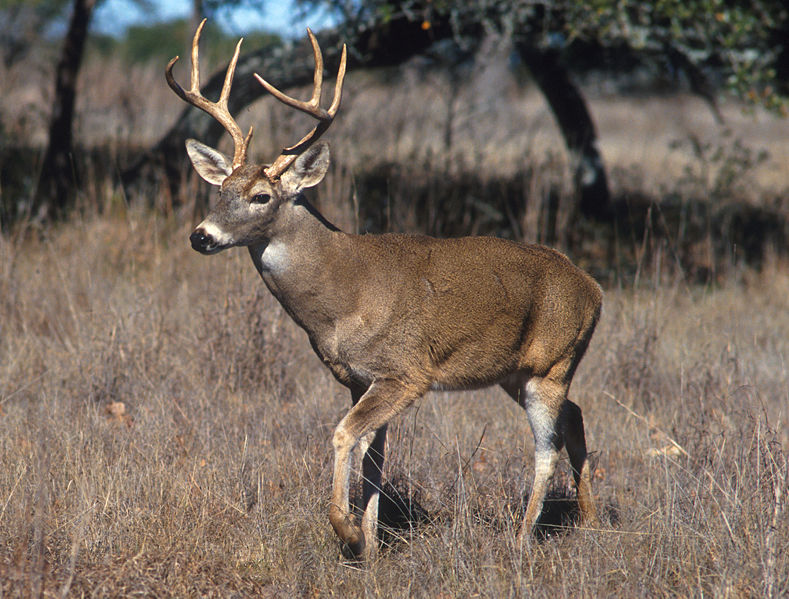
A hunter-harvested 4.5-year-old white-tailed buck in Roberts County, Texas, has tested positive for chronic wasting disease (CWD), marking the first detection of the disease in the county, the Texas Parks and Wildlife Department (TPWD) announced yesterday.
Roberts County is located in the Texas Panhandle, a 26-county region in the northernmost part of the state bordered by New Mexico and Oklahoma.
The Texas A&M Veterinary Medical Diagnostic Laboratory initially tested the deer, and the findings were confirmed at the National Veterinary Services Laboratory in Ames, Iowa.
"CWD has an incubation period that can span years, so the first indication of the disease in a herd is often found through routine surveillance testing rather than observed clinical signs," TPWD said in a news release. "Early detection and proactive monitoring improve the state's response time to the detection of CWD and can greatly reduce the risk of further disease spread."
Consuming contaminated meat not advised
In Texas, CWD was first identified in 2012 in wild mule deer in the Hueco Mountains near the state's border with New Mexico. Since then, it has been found in Texas captive and free-ranging cervids, including white-tailed deer, mule deer, red deer, and elk.
CWD has an incubation period that can span years, so the first indication of the disease in a herd is often found through routine surveillance testing rather than observed clinical signs.
CWD is a fatal neurodegenerative disease caused by misfolded proteins called prions. The disease can be transmitted by infected deer shedding prions in saliva, feces, urine, and other fluids or tissues. While no human cases have been recorded, consuming contaminated meat is not advised.
.jpg)













